As our cities and suburbs continue to expand, the challenge of managing stormwater runoff becomes increasingly complex. Traditional drainage systems, which often rely on concrete channels and pipes, can exacerbate flooding, pollute waterways, and disrupt natural ecosystems. But what if there was a more sustainable and aesthetically pleasing solution? Enter the bioswale, which is a natural stormwater management system that's gaining popularity in urban areas for its numerous benefits.
A bioswale is a landscape feature designed to capture, filter, and infiltrate stormwater runoff. It's essentially a shallow, vegetated ditch with gently sloping sides. The plants within the bioswale help to slow down and absorb rainwater, while the soil filters out pollutants. The filtered water can then either be infiltrated back into the groundwater or slowly released into nearby streams or rivers.
Beating Urban Heat
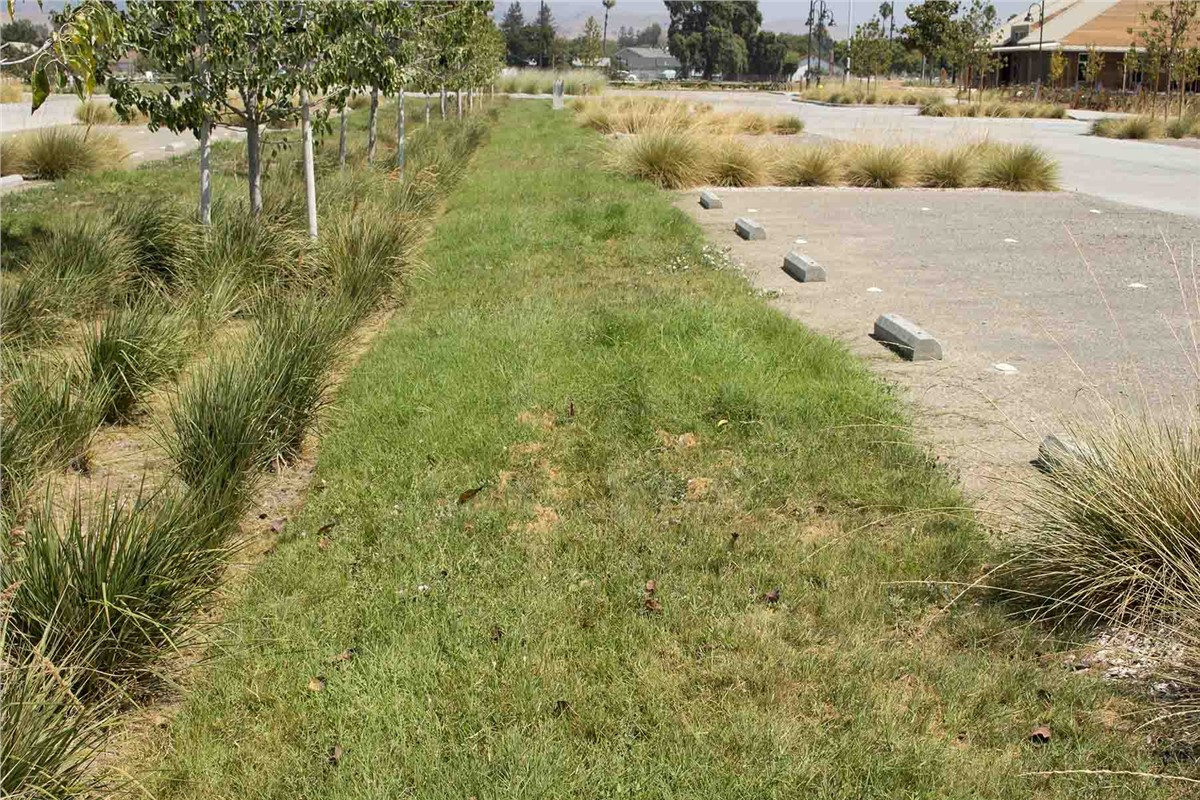
Bioswales play a crucial role in combating the urban heat island effect, a phenomenon where cities and suburbs experience higher temperatures than surrounding rural areas due to heat-absorbing surfaces like asphalt and concrete. Bioswales counteract this effect through several mechanisms.
- Firstly, the vegetation within bioswales provides shade, reducing direct sunlight exposure and lowering surface temperatures.
- Secondly, the soil and plants within bioswales retain moisture, which is then released through evapotranspiration, a process similar to sweating that cools the surrounding air.
- Lastly, bioswales can intercept and infiltrate stormwater runoff, preventing it from accumulating on hot surfaces and further contributing to heat buildup.
Reducing Flash Flooding

Bioswales are designed to act as natural sponges, absorbing and filtering stormwater runoff in paved areas that would otherwise contribute to flash flooding. This type of drainage system can reduce the volume and velocity of water flowing into storm drains and waterways. The vegetation and soil within bioswales slow down the flow, allowing water to infiltrate into the ground and replenish groundwater supplies. This distributed drainage system helps to prevent the overwhelming of storm drains and reduces the risk of localized flooding. Bioswales can store a significant amount of water during heavy rainfall, further mitigating the risk of flash floods.
Paved areas where bioswales are particularly effective at preventing flash flooding include the following listed below.
- Parking Lots: Bioswales can be installed along the perimeter or within medians to capture runoff from large paved areas.
- Streets and Sidewalks: Bioswales can be integrated into curbs and medians to intercept runoff from roads and sidewalks.
- Driveways and Patios: Residential bioswales can be incorporated into landscaping to manage runoff from driveways and patios.
- Rooftops: Bioswales can be installed on green roofs to capture and filter rainwater before it reaches the ground.
- Commercial Developments: Bioswales can be used in commercial landscapes to manage runoff from buildings and paved areas.
- Industrial Sites: Bioswales can help to manage runoff from industrial facilities and prevent pollutants from reaching waterways.
Cleaning & Filtering Runoff
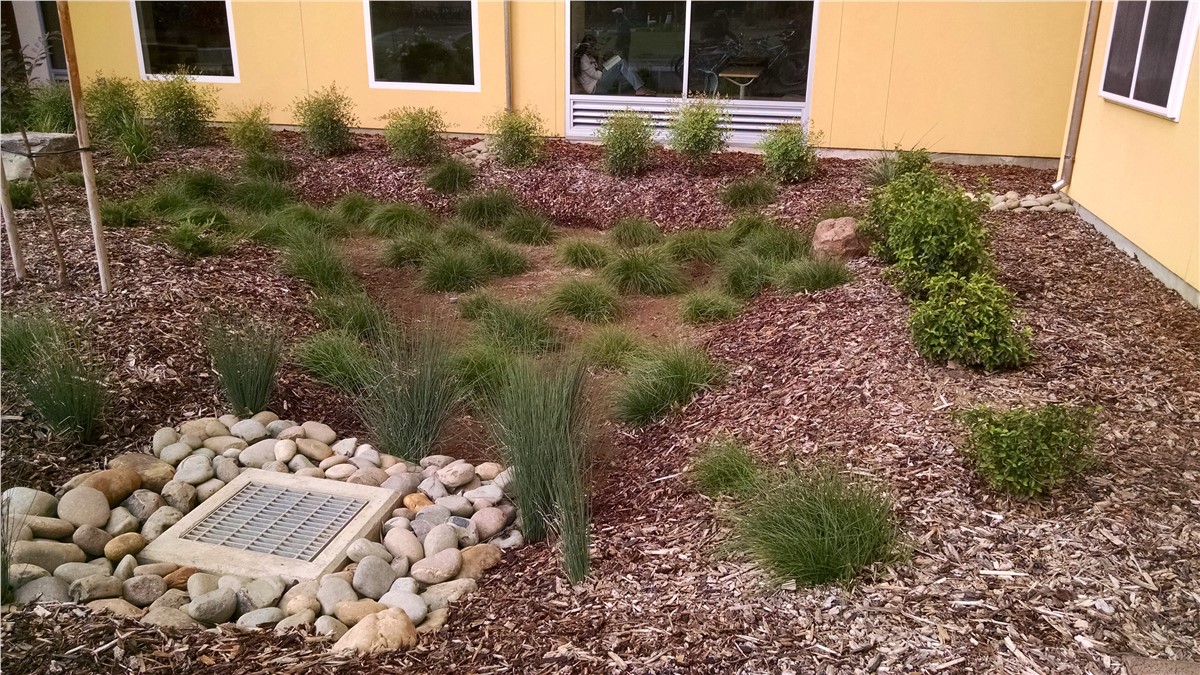
Bioswales are highly effective at cleaning runoff from polluted surfaces, acting as natural filters that remove a variety of contaminants. As stormwater flows into the bioswale, the vegetation slows down the water, allowing heavier pollutants like sediment, litter, and debris to settle out. The diverse plant species within the bioswale then uptake nutrients like nitrogen and phosphorus, preventing them from fueling algal blooms in downstream waterways.
The soil in bioswales contains microbes that break down organic pollutants, such as hydrocarbons from motor oil and pesticides. Some bioswales even incorporate engineered media, like biochar or zeolite, to further enhance their ability to filter out heavy metals and other toxins. Through these physical, biological, and chemical processes, bioswales significantly improve the quality of stormwater runoff, protecting waterways and ecosystems.
Reducing Carbon Dioxide Emissions

Bioswales play a unique and significant role in mitigating carbon dioxide levels in urban areas. The vegetation within bioswales actively absorbs CO2 from the atmosphere through photosynthesis, effectively sequestering carbon and reducing its concentration in the air. This is particularly beneficial in urban environments, where high levels of CO2 emissions from vehicles, industry, and other sources contribute to air pollution and climate change. By incorporating bioswales into urban landscapes, cities can leverage the natural ability of plants to capture carbon, thus improving air quality and contributing to the fight against climate change.
The organic matter that accumulates in the soil of bioswales further enhances carbon storage, creating a long-term sink for this greenhouse gas. This unique function of bioswales as carbon sinks makes them a valuable tool in creating more sustainable and environmentally friendly urban environments.
Creating Green Habitats
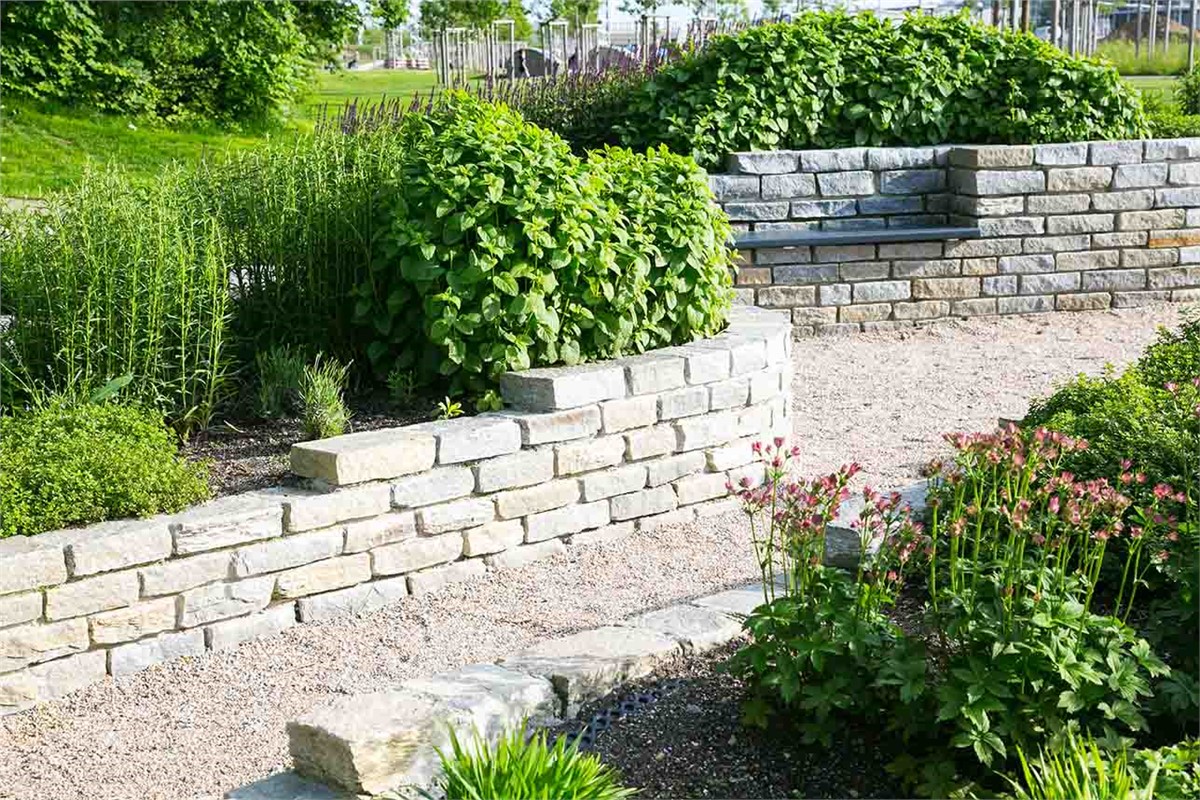
Bioswales are instrumental in transforming barren urban landscapes into thriving green spaces that support diverse ecosystems. Bioswales introduce crucial habitat elements that attract and sustain a variety of wildlife by replacing concrete and asphalt with vegetation and soil. The diverse plant species within bioswales provide food and shelter for pollinators, birds, and beneficial insects, fostering biodiversity in urban areas. The presence of water in bioswales further enhances their ecological value, attracting amphibians, reptiles, and other wildlife that depend on aquatic habitats.
Additionally, bioswales can be designed to connect with existing green spaces, creating corridors that facilitate the movement of wildlife and promote gene flow. These drain systems will help to reestablish vital habitats and restore ecological balance in densely developed areas.
Drainage Installation In The Pacific Northwest
With the amount of rainfall we see in our area, proper yard drainage is an essential part of landscaping. Bioswales are a terrific option for greener city centers, and they can even be installed right in your backyard. Of course, if you are looking for something more discreet that will not disrupt the existing landscape, there are many other drainage options available. Simple Lawns would be happy to install your yard drainage for you, so give us a call today to learn more about our drainage installation process!
Subscribe to Simple Lawns's Blog




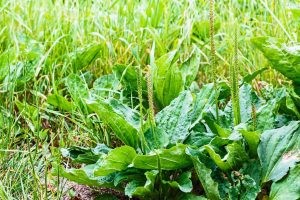
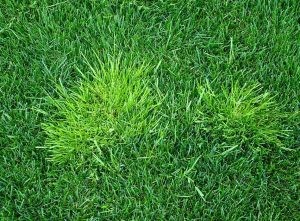
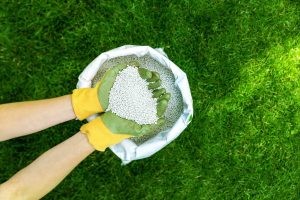

Comments